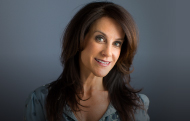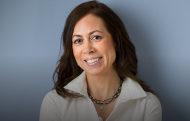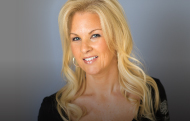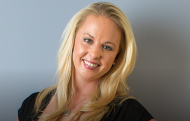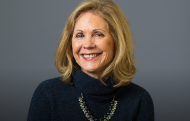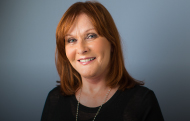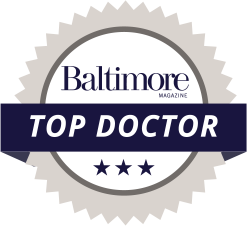1001Cuts is a new, groundbreaking documentary by Sarah Temkin, M.D. about women in medicine, featuring Alyson Wells, M.D., F.A.C.S.. Before the passage of Title IX in 1972, (1) less than one fourth of all medical students were women and only a sliver of these women pursued surgery as a career. After this legislation went into effect, women were protected from gender discrimination in medical school admissions and allowed to compete based on merit and achievement for an educational path and occupation previously open to men only. Despite these legal protections, this was not the end of adversity for women who chose to brave the medical field and pursue their passions.
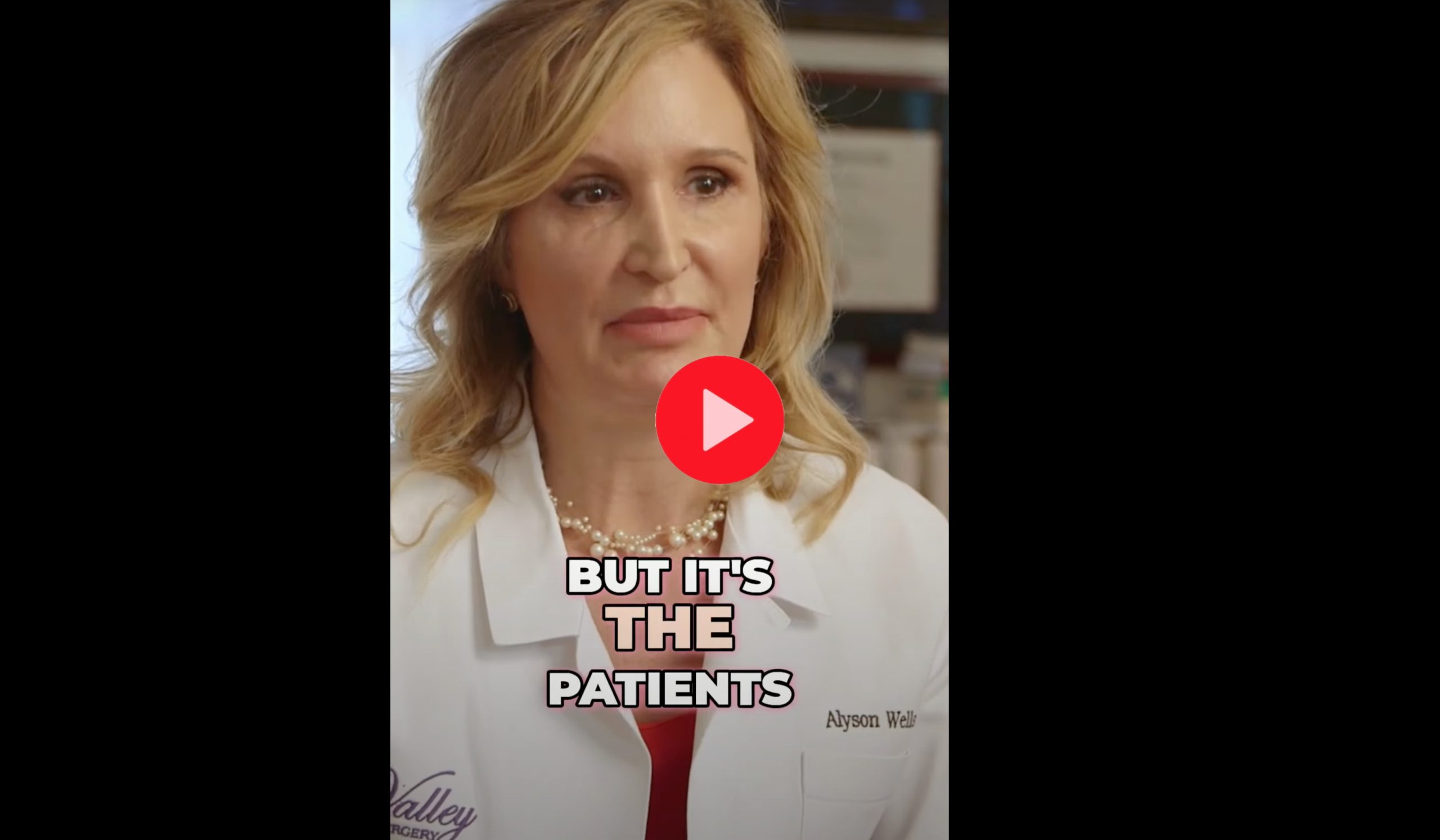
Much like other workplaces, the operating room is a place that can be rife with microaggressions and sexual harassment, making it extremely difficult for women to not only reach their career goals, but to even want to stay in such an unwelcome environment after they have achieved so much. In Dr. Sarah Temkin’s documentary 1001Cuts, women speak up about the adversity they faced on their paths toward becoming surgeons, and the struggles they continue to face in a realm as esteemed and “sacred” as the operating room–a place that should be safe, not only for the patient, but for the surgeon who is taking care of them.
Among the women in the documentary is Valley Plastic Surgery & Medi-Spa’s very own Dr. Alyson Wells, a double board-certified plastic surgeon and teaching physician who continues to combat inequality and inequity in the medical workplace.
To schedule a personal consultation with Dr. Wells, please call (410) 628-8200 to reach the office in Cockeysville, near Baltimore. You can also fill out the contact form to request an appointment. For more information about the treatments that Dr. Wells specializes in, visit Valley Plastic Surgery & Medi-Spa’s blog.
About 1001Cuts
1001Cuts features the testimonies of women who chose to pursue a surgical career, despite the stigmas and seemingly impenetrable glass ceiling that characterize the surgical world. They explain what it was like to be presented with complex and widely unaddressed issues throughout their careers, such as accessibility barriers and sexual harassment. These women describe their paths toward success being intercepted by sexism as early as childhood, when people would question how such an involved profession might affect their role as a mother and wife. Sexism continued to follow these women through their undergraduate and graduate education, all the way to when they have reached success in their careers as practicing surgeons.
Inaccessibility in the Workplace
For a portion of the documentary, the female surgeons describe the day-to-day physical barriers they have experienced in medical offices. For example, even though it is common knowledge that women typically have smaller hands and shorter builds than men, they are sometimes given the same sizes of gloves and gowns as men to operate in. One image shows a man and woman standing side-by-side in surgical gowns; the woman’s gown nearly reaches the floor, while the man’s gown rests at a comfortable length.
What’s more, some of the women say they are forced to stand on precariously stacked stools so that they can reach the operating table. Even surgical tools are seemingly designed with men’s hands in mind, not women’s; some women in the documentary describe experiencing difficulty comfortably holding the tools that are meant to help them carry out intricate and important procedures.
Sexual Harassment
The sexism women face as described in 1001Cuts is not merely seen in the inadequately-sized tools, gowns, and operating room features, but it is also weaponized in the very culture present in the workplace. According to one 2018 survey, a staggering 50% of women orthopedic surgeons reported experiencing sexual harassment. (1) These numbers can be discouraging for any young person who is thinking of pursuing a medical career.
Participants in the documentary put forth that this sexism is not a case of a romance gone wrong, but rather a more calculated method of discouraging women from pursuing their goals in a male-dominated field. By creating an unsafe environment, women are less likely to want to stay, regardless of their passion for taking care of people.
About Dr. Alyson Wells
Dr. Wells is the first woman named as a division chief within the Greater Baltimore Medical Center (GBMC); she holds the title of Chief of Plastic Surgery. As mentioned in the documentary, women still face judgment regarding their capabilities to be mothers and wives at the same time as maintaining a demanding career. As a mother to two sons, Dr. Wells achieves this work-life balance that the patriarchal systems previously told women was impossible. Throughout her career, Dr. Wells has followed her passion for reconstructive and cosmetic facial surgery, expanding her work to also include comprehensive body procedures.
Dr. Wells in 1001Cuts
The women who participated in 1001Cuts report a relatively shared experience that, even after the passage of Title IX, they had to carve out a place for themselves in an industry that was unwelcoming in so many ways. They relayed having to speak up for themselves when they needed stools to reach the operating table, or gloves and gowns that fit them better. These simple requests for accommodation, these women say, can be met with ignorance, annoyance, or retaliation.
“I’m used to not getting a whole lot of help,”
says Dr. Wells in the documentary, referring to her own experience in the medical field.
“That just kind of is the nature of how it rolls.”
This lack of external assistance, however, has proved to be a motivating force for Dr. Wells. This can be seen in her ownership of Valley Plastic Surgery & Medi-Spa; while the patriarchal atmosphere of the medical field is often unwelcoming toward women, Dr. Wells is able to cultivate her own practice’s culture as a safe place for all staff. In this way, she has created an opportunity for change.
“I am now in my own practice, where I have my own operating room, and the subtle and overt acts of sexism certainly aren’t tolerated… and what that allows is excellence in patient care.”
– Dr. Wells
Dr. Wells wants what is best for her patients, and as other women also share in the documentary, this means also wanting the best for the surgeons who are taking care of them.
While sexism can be obvious and even physical in its manifestations, Dr. Wells brings up the point that sexism can also come in the form of sheer ignorance:
“The sexism within surgery that I’ve experienced as an attending has to do more with men looking the other way,” says Dr. Wells.
Dr. Wells also acknowledges that sexism in the workplace is not only perpetuated by the men in charge, but that women who are entrenched in the culture of a negative workplace environment might put other women down as a result, creating a toxic cycle.
“Who knew that it was the women who were going to perpetuate and enable the patriarchy that has been in medicine and surgery since time began?” asks Dr. Wells.
Multiple women in the documentary share the sentiment that it should be common sense for surgeons to be treated well and accommodated, as their success means the success of their patients. Creating an environment that is positive for those who work there, suggests Dr. Wells, is crucial for delivering a positive experience to her patients.
“It’s the patients who are the victims of the sexism,” says Dr. Wells. “Ultimately, you know, it’s the patients who suffer from this because there are fewer choices and fewer of us doing good work.”
Dr. Wells’s Specialties
Dr. Wells’s practice offers numerous treatments in line with her specialties in plastic and reconstructive surgery for the face, breast, and body. At Valley Plastic Surgery & Medi-Spa, she provides both surgical and non-surgical solutions for patients who are looking to address certain cosmetic issues, or who simply want to enhance their look.
Surgical Treatments
Body contouring covers a wide range of different procedures that can help patients achieve a figure that appears more toned and defined. Dr. Wells offers different kinds of lifts in order to remove excess hanging skin from areas like the arms, lower body, and thighs. We also offer liposuction to contour areas to emphasize the natural curves of the body.
Dr. Wells can also carry out various breast enhancement procedures, such as augmentations with implants or fat transfer, breast lift, breast reduction, and more. The procedures can lift, shape, or improve the volume of the breasts.
Facial surgery procedures at Valley Plastic Surgery & Medi-Spa include facelifts, necklifts, eyelid surgery, and more. If patients are experiencing facial volume loss or general tissue sagging, Dr. Wells can address these concerns with facial surgery to help patients look younger and refreshed.
Non-Surgical Treatments
Valley Plastic Surgery & Medi-Spa offers a variety of non-surgical MedSpa treatments for patients who are looking for less invasive solutions to their cosmetic concerns. These treatments include CO2 laser skin resurfacing, microdermabrasion, platelet rich plasma (PRP) treatments, injectables, and so much more. With such a wide array of treatment options, there is likely something every patient can benefit from.
Cost of Body Contouring in Baltimore
To determine what your treatment will cost, Dr. Wells will need to evaluate your needs during a personal consultation. Certain procedures can be combined with others for a more comprehensive treatment. To set up this appointment, please call (410) 628-8200 or fill out the contact form.
References
- O’Connor MI, Teo WZW, Brenner LH, Bal BS. Medicolegal Sidebar: Avoiding Gender-based Inequities During Orthopaedic Training. Clinical Orthopaedics and Related Research®. 2019;477(6):1284-1287. doi:https://doi.org/10.1097/CORR.0000000000000786
- Fox N, Schroll R, Quiodettis M, Ito K, Bulger EM. Women in trauma surgery: advancing our profession through international collaboration. Trauma surgery & acute care open. 2024;9(1):e001366-e001366. doi:https://doi.org/10.1136/tsaco-2024-001366



